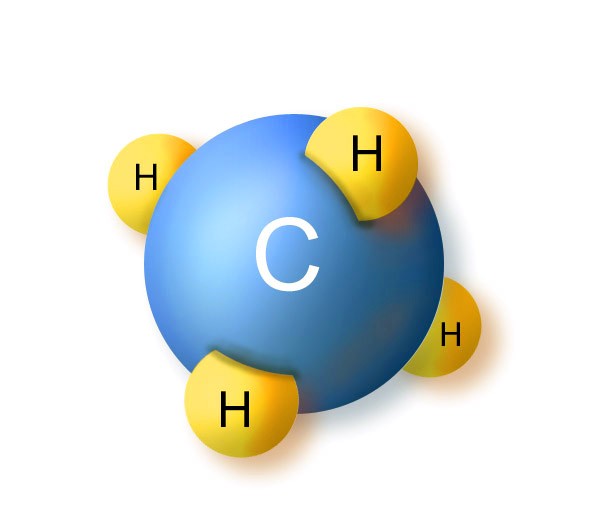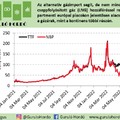This is not as crazy as it sounds. Actually the technology already does exist.
In our earlier post we argued that we do not have much time in terms of climate change – it is very likely that the carbon budget will be exceeded in 20 years or less, and that the temperature increase will eventually exceed 2 C°. Martin Wolf of the Financial Times made very similar arguments, basically saying that human nature is such that we will not act on a distant danger like climate change until it is too late (or watch here FT’s video).
The way out from this pessimistic world is some kind of a technological breakthrough. We need cheap, CO2-free energy – otherwise the solution will not spread fast enough. Here the assumption usually is that the breakthrough will come from cheap renewables. That may be the case – solar panels are rapidly getting cheaper. But to replace fossil fuels completely with renewables, you need an additional breakthrough in energy/electricity storage.
But what if you could make natural gas a CO2-free energy source? Natural gas is plentiful (especially if it can be commercially unlocked from other sources, say, methane hydrates) and in the longer run it could be very cheap. What if you could separate the hydrogen and the carbon from one another? Burn the hydrogen for energy and just bury the carbon.
 The carbon and hydrogen content of methane can be separated. Picture source: energy.alberta.ca
The carbon and hydrogen content of methane can be separated. Picture source: energy.alberta.ca
In fact, such technologies do exist (also see here); the carbon and the hydrogen can be separated in a plasma state for example, and maybe using a catalyst as well. This is experimental, but physics is no obstacle. Cost can be, but it would be interesting to find this out. Norway, with plentiful gas reserves, has been working on the method and has a company that tries to commercialize the technology. Instead of pouring money into subsidizing existing technologies, governments would do better by investing into R&D on things like this.
You would throw away about 40% of the energy content of the natural gas (by separating the gas, i.e. in the form of unburned carbon), but if gas is very cheap, that should not be a deal-breaker. Based on a back-of-the-envelope calculation, this could potentially be a relatively cheap way to get rid of the CO2 if gas prices are at the current US levels. You would need to build up the infrastructure for a hydrogen economy, which would not happen overnight. But atmospheric carbon emissions after that would pose no problem, whatever the global energy use.
 Black carbon would be the by-product. Picture source: scientificamerican.com
Black carbon would be the by-product. Picture source: scientificamerican.com
The total carbon resulting from providing for all the current global annual energy needs from such a method would be a cube with dimensions of about 150 meters – hardly a disposal problem, roughly the same amount as the current coal production volume globally. We could fill back the old coal mines if we wanted – but there would be cheaper ways to deal with the resulting black carbon. This would be carbon (pre-)capture and storage, but before burning the carbon, after which it is very difficult to do the capturing and storing. There are even some suggestions that the resulting carbon could be easily turned into carbon nano-tubes or carbon fiber materials.
The bottom line is that there is likely to be some kind of technological break-through before we all cook ourselves, and it may not come from where everyone expects it. But somewhat paradoxically, we cannot leave out the “climate change panic” phase, which is probably necessary for humanity to come up with the necessary innovation.
A bejegyzés trackback címe:
Kommentek:
A hozzászólások a vonatkozó jogszabályok értelmében felhasználói tartalomnak minősülnek, értük a szolgáltatás technikai üzemeltetője semmilyen felelősséget nem vállal, azokat nem ellenőrzi. Kifogás esetén forduljon a blog szerkesztőjéhez. Részletek a Felhasználási feltételekben és az adatvédelmi tájékoztatóban.




